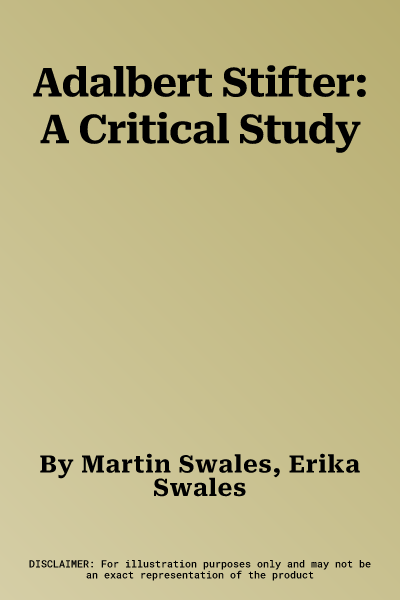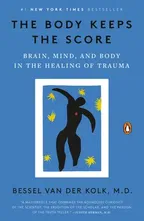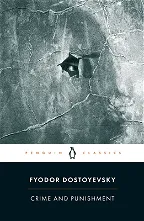Martin Swales
(Author)Adalbert Stifter: A Critical StudyHardcover, 29 June 1984

Temporarily out of stock
Free Delivery
Cash on Delivery
15 Days
Free Returns
Secure Checkout

Part of Series
Anglica Germanica Series 2
Part of Series
Historical Perspectives on Modern Economics
Print Length
263 pages
Language
English
Publisher
Cambridge University Press
Date Published
29 Jun 1984
ISBN-10
052125972X
ISBN-13
9780521259729
Popular Books
Ships in
Description
Product Details
Authors:
Book Format:
Hardcover
Date Published:
29 June 1984
ISBN-10:
052125972X
ISBN-13:
9780521259729
Language:
English
Location:
Cambridge
Pages:
263
Publisher:











